Just in time for Halloween and the Holiday Season
I have the pleasure of taking care of one of our local veternarian's dogs. Dr. Torres and I have great conversations about everything pet related. It's nice to be able to pick her brain about various topics and I wanted to share that with you! So, I had her write up a news letter that corresponds with issues going on now. Since Halloween is near, we thought toxicity would be a good topic. Here ya go...
There are several household items that are toxic to your pets. For example, over the counter human medications like ibuprofen, acethaminophen (Tylenol®), or prescription medications can be harmful to animals since they do not metabolize drugs the same way humans do. Tylenol® can kill cats and human anti-inflammatories can cause intestinal upset and kidney failure, causing death in severe cases. Decorative household plants such as lilies, tulip/narcissus bulbs, azaleas and kalanchoes can also be toxic to pets and must be avoided since cats and dogs are curious and can eat plants without owners noticing. Rhododendron, sago palm and schefflera can also be harmful to pets.
Some foods are very dangerous to animals, causing acute toxicity and even death. On Halloween the most common hazards for pets are chocolate, raisins, candy wrappers, candles and candy overindulgence. Chocolate can contain high amounts of fat and caffeine-like stimulants (methylxanthines) and can cause vomiting, diarrhea, panting, excessive thirst and urination, hyperactivity, abnormal heart rhythm, tremors, seizures and even death in severe cases. Usually, the darker the chocolate, higher the toxicity.
During Thanksgiving dogs can get pancreatitis, an inflammatory condition of the pancreas, from eating table scraps, or ingested bones can get stuck in their throats or puncture their stomach or intestines as splinters. Those situations require emergency medical attention and intensive care to prevent death.
Other common house toxins: Sugar free gum is harmful to dogs and can cause low blood sugar and severe liver failure. Mushrooms, grapes, onions/garlic, macadamia nuts, and avocados are toxic if ingested by pets. Common household cleaners can cause irritation to the skin, eyes, or respiratory tract in addition to gastrointestinal upset. Some flea-control products that are safely used on dogs, particularly those containing permethrins, can be deadly to cats, even in small amounts.
Dr. Torres, Lake Huron Veterniarian Clinic
Other common house toxins: Sugar free gum is harmful to dogs and can cause low blood sugar and severe liver failure. Mushrooms, grapes, onions/garlic, macadamia nuts, and avocados are toxic if ingested by pets. Common household cleaners can cause irritation to the skin, eyes, or respiratory tract in addition to gastrointestinal upset. Some flea-control products that are safely used on dogs, particularly those containing permethrins, can be deadly to cats, even in small amounts.
The cold weather brings ice-melting products and antifreeze which can harm animals and even cause death. Once your pet has been outside in the snow, thoroughly wipe off legs and paws before entering the house and don't leave them unsupervised outdoors. If he licks his paws, he can ingest salt, antifreeze or other potentially dangerous chemicals. Be sure to thoroughly clean up any spills from your vehicle, and consider using products that contain propylene glycol rather than ethylene glycol.
If your animal is vomiting, having diarrhea, seizures, losing consciousness, or is having difficulty breathing, contact your veterinarian immediately. Telephone ahead and take your pet to your local veterinarian or nearest emergency hospital. I recommend having an emergency hospital's phone number at hand just in case something happens. Never give your pet any type of medication without first talking with a veterinarian. All drugs should be kept out of reach, preferably in closed cabinets above countertops. Insecticides, snail bait and rat poisons should be kept away from pets in
This News Letter was brought to you by Lake Huron Veterniarian Clinic, located at 2003 Griswold St. Port Huron, MI. 48060. They're open 7 days a week, Mon-Fri 8am-7pm & Sat-Sun 9am-5pm.


